THE BTC
STORY
Baptists came to South Africa with the 1820 Settlers and the first Baptist church was established in the Salem/Kariega area near Grahamstown. They elected William Miller (1779-1856), one of their number, to be their pastor. When forced by economic circumstances to move to Grahamstown to work there as a carpenter, he ministered to the few Baptists there.
German settlers arriving about 1859 also contained a few Baptists, and soon there was a flourishing German Baptist church in the area between Stutterheim and Berlin. German and English Baptists combined to form the Baptist Union (BU) in 1877.
Pastors for the Baptist churches had to be obtained from overseas. Of the 52 pastors coming between 1877 and the 1930s, 29 of them came from Spurgeon’s College.
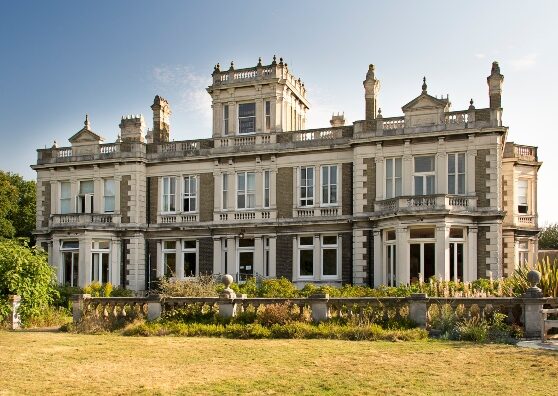
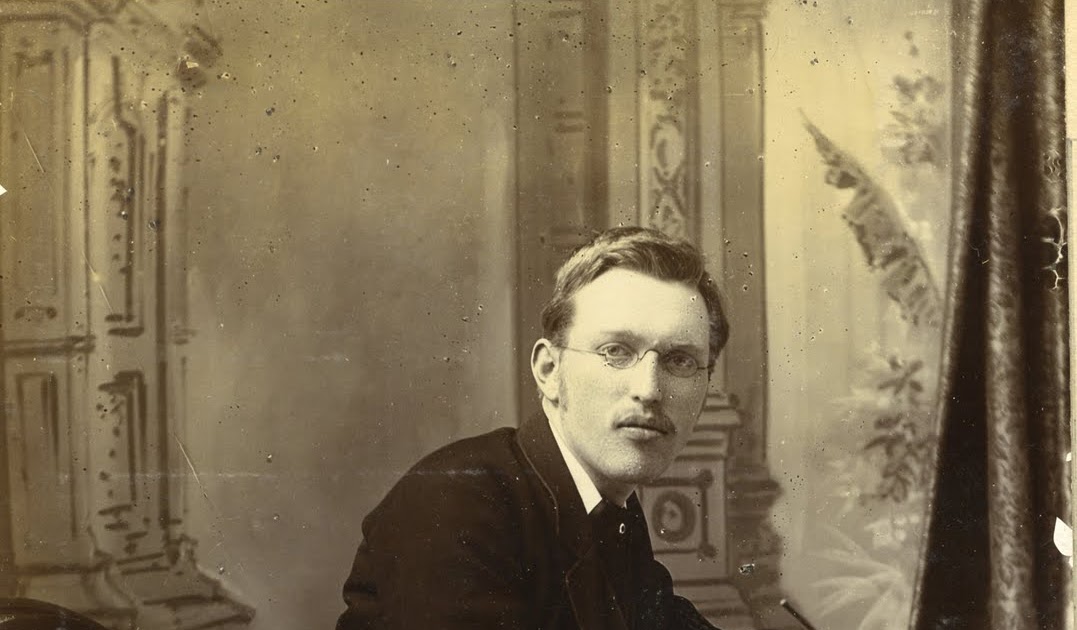
A serious shortage of pastors for the growing number of churches resulted in the BU making a variety of efforts to train and equip local men for the ministry. But by 1918 only 15% of Baptist pastors were South African and only one of them trained in South Africa.
In 1925 the Ministerial Education Committee (MEC) was commissioned to provide a 4 year course of ministerial studies for pastoral candidates. By 1937, 27 of the 59 Baptist pastors were South African (44%). Prior to World War II, the MEC was able to provide training for about 10 students a year, but this was still not enough. The Rev Ernest Baker started a Baptist Bible School in 1927 with three students. One of them was J D Odendaal. But it ceased to operate in 1931.
Throughout the 1940s there were many calls for our own college, until finally the 1950 BU Assembly voted to establish a College inviting the Rev S F Winward from England to be its first principal. In the first bilingual Temporary Prospectus, the aim of the College was stated “to follow the evangelical and fundamental traditions of the Protestant Church and of the special Baptist emphases that have so enriched its witness and its heritage.” Though Winward declined the invitation to be principal, the College opened with C M Doke acting as principal. Initial students were A Dennisson, R Goetze, J Large, N MacIntosh, J Patrick, P Steyn and D Wilcocks Vorster. A Miss A Amos was also accepted for missionary training.
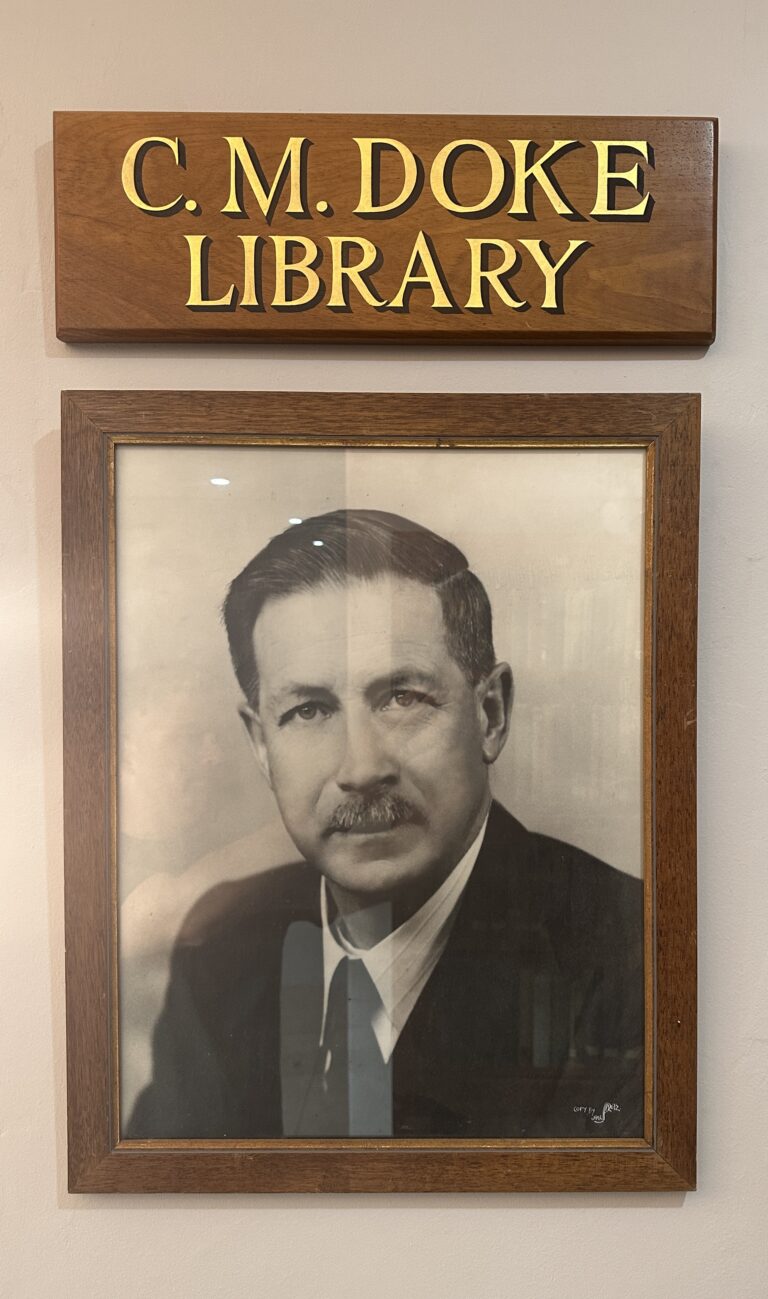
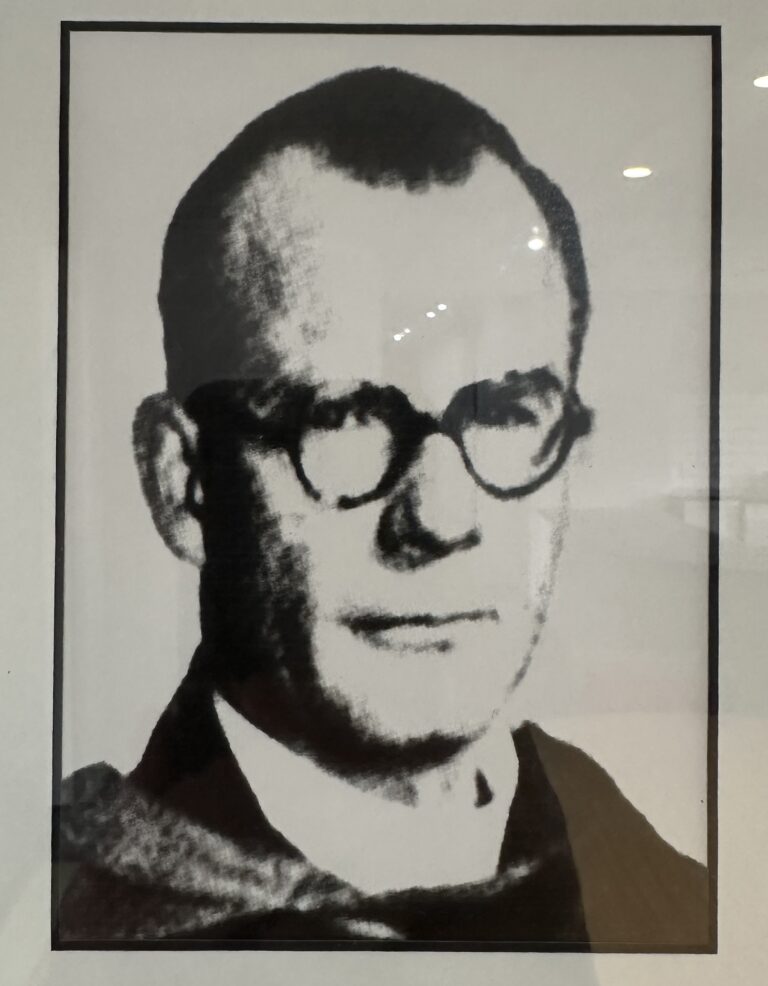
After various people were approached for the post of principal, eventually A J Barnard accepted the invitation and was duly installed as the first principal in 1952. Barnard was an Australian by birth and a qualified school teacher who had graduated from Spurgeon’s College and who also held a London BD.
Things went well at first, with the student numbers increasing. But in 1954 a storm broke out. It emerged that the understanding of the inspiration of Scripture held by the principal were seriously divergent from that of the Executive and most of the Baptist churches. Complaints were made to the Executive and an enquiry was set up to investigate the truth of the complaints.
This was a very difficult situation, as Barnard confessed that he was a conservative evangelical and disapproved of liberal views.
Furthermore, his zeal and competency were not in question. But by his own admission, there were significantly different points of view between him and the executive. He could not, for example, accept the verbal inspiration of the Bible which he saw as a “dictation theory” and intellectually unacceptable. He could not accept the Mosaic authorship of the Pentateuch and accepted two authors for Isaiah.
Barnard acknowledged that he owed much to Barth and Brunner, although, he claimed, he was not a slave to them.
By a vote of 14 to 3 the Executive decided to terminate the employment of Barnard, making the following statement to the 1954 Assembly:
“There is no reflection upon the scholastic ability of the principal or zeal and competency with which he has conducted his office, nor has he violated the Statement of Faith which he signed and affirmed .… on his own statement, Mr Barnard’s views are seriously at variance with those beliefs [of the denomination] and would cause misunderstanding and division in the denomination. ..”
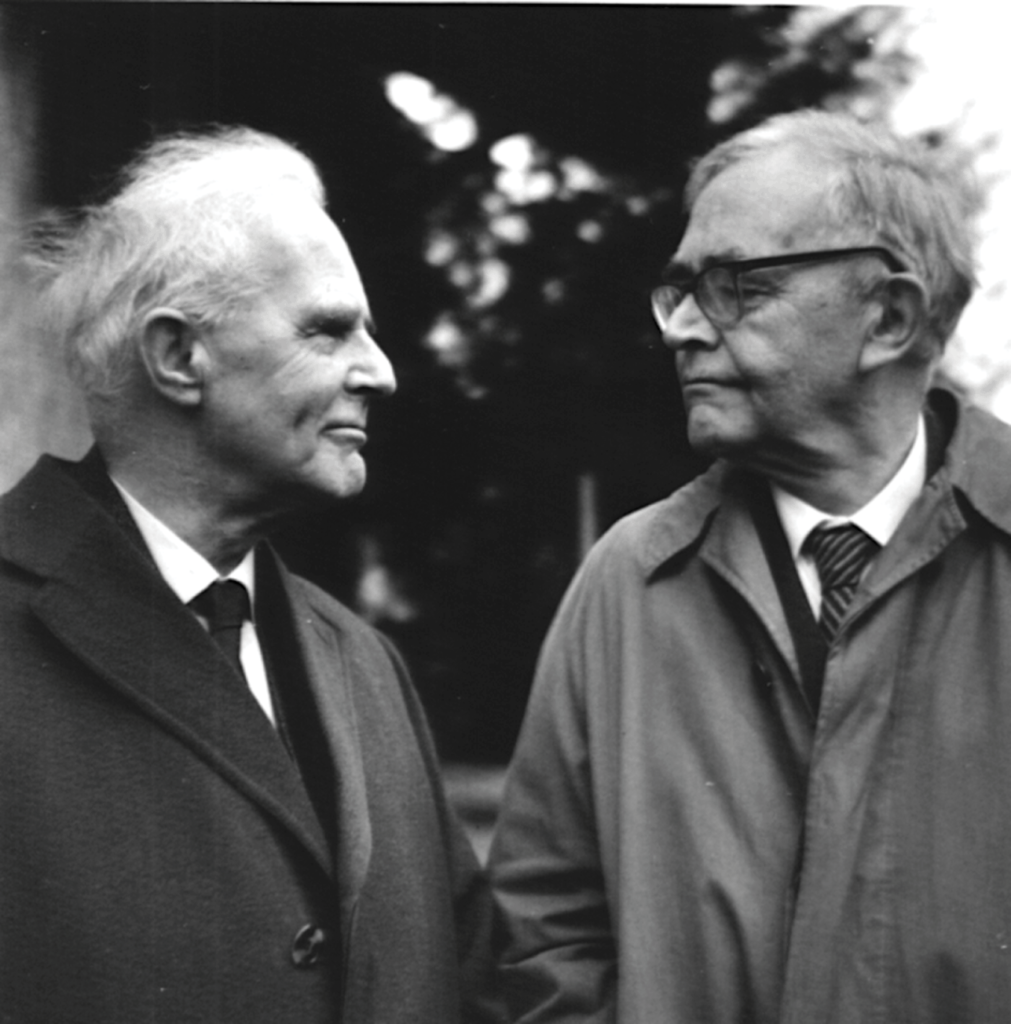
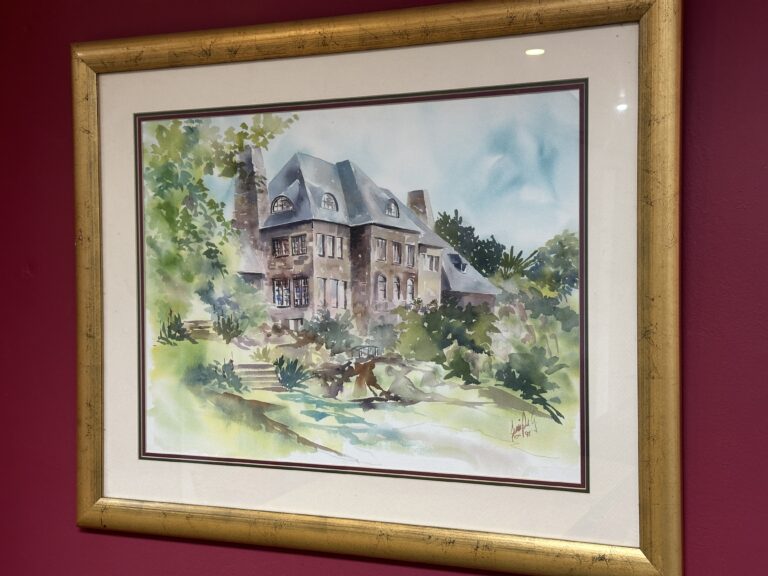
It was a serious storm, but the College weathered it. C M Doke stood in as acting principal and in 1956 J C Stern was appointed the new principal, to be succeeded in 1960 by A S Gilfillan, who in turn was succeeded in 1967 by Dr J N Jonsson.
During the first 25 years of the College’s life 121 internal students were accepted and 25 were accepted into the external programme. The dream of the College founders was being fulfilled. Under the careful training of godly men, men were being prepared to take care of the growing Baptist churches throughout the country, proclaiming the Good News of Jesus Christ and feeding Christ’s flock with the Word of God.
At the beginning of 1971 the College was housed in beautiful new premises at 29 Queens Street, and the Rev J N Jonsson was the principal of the College. Indeed, Jonsson was deeply involved in the acquisition and occupation of the new premises. Skills learned under his missionary father and his apprenticeship as an electrician all made him the man for the moment. Dr Jonsson was also a moving force in the College taking over responsibility for the functioning of the External Course.
The chief reason for the physical move of the College was that the property on 20 Wellington Road had been expropriated by the Johannesburg City Council. After much negotiation with the City Council, a suitable compensation price was agreed upon and a serious search launched for a new home for the College. A 3.1 acre property with a very attractive dressed stone house on four levels built in the typical Herbert Baker style on a magnificent site was found, namely, 29 Queens Road, Parktown. An offer of R90,000 was made and accepted (the original asking price was R180,000). The building accommodated lecture rooms, a chapel, academic and administrative offices, a library and student’s common room, the Principal’s flat, and a kitchen. Apparently stone masons were imported from Scotland to quarry the stone and to erect the building.
At the end of 1972 Dr Jonsson resigned on health grounds. His position was taken by the Rev J S Wiid who was formally appointed as Principal in October 1973. While lecturing and communicating the skills he had acquired in exegeting the Greek New Testament to others was his passion, Jack Wiid was not really at home with all the burdensome detail of administration and he resigned in 1975. His contribution to the development of the College was much appreciated, especially as a brilliant linguist and New Testament scholar.
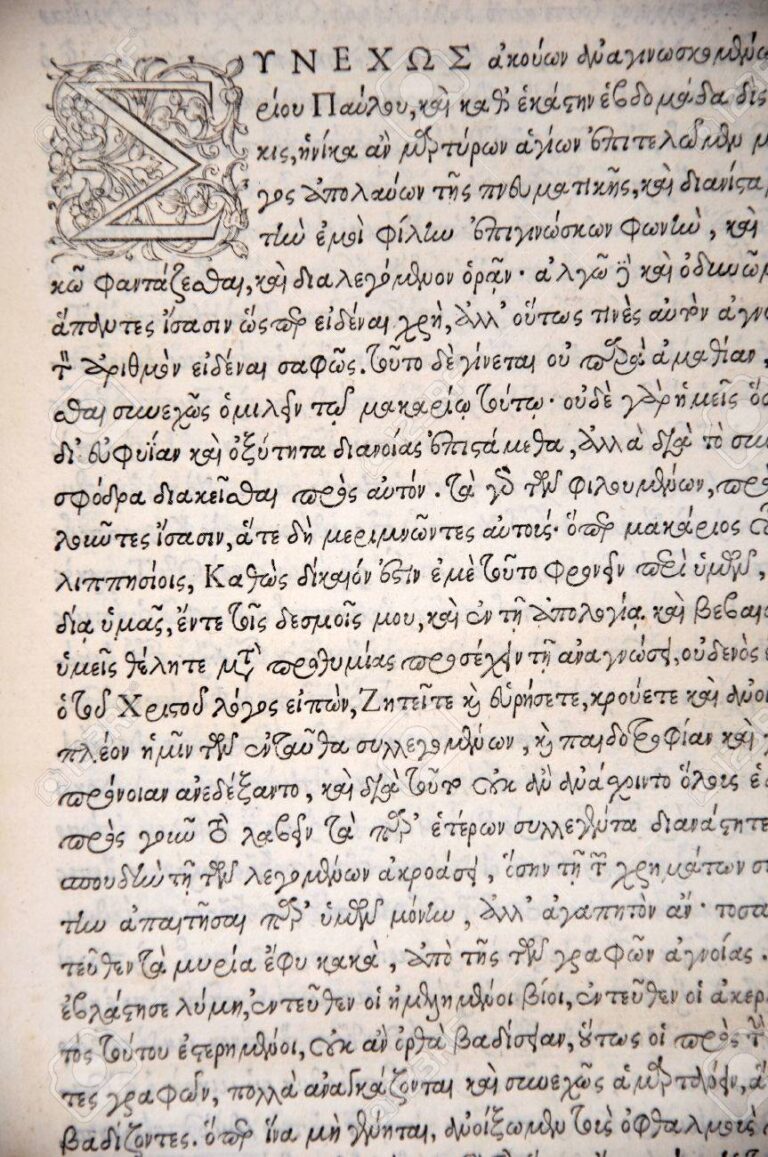
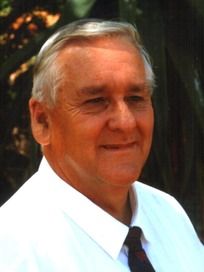
The fifth principal to be appointed to the College in 1975 was the Rev Rex Mathie. Rex Mathie had served five years in the SA mining industry, where he obtained the Government Assayers Certificate of Competency and became a Member of the SA Institute of Assayers and Analysts. After graduating from the BTC of SA in 1963 he accepted a call from the First Baptist Church, East London. He continued his theological studies with UNISA. Rex was much in demand as a speaker and conducted many missions in South Africa, the United States of America and other lands.
Dr J N Jonsson wrote of Rex Mathie: “Mr Mathie’s coming brought a new dimension in preaching to the College. He is a man with charisma and rare preaching ability; he was God’s gift to the College. As a theologian, and versatile in Biblical Studies in particular, he has been accepted with respect and affection by students and staff alike. He was able to continue the work started by his predecessors. Himself a son of the College, and a pastor and great supporter of the training programme of the College, he has proved to be the right choice for our time.” He was to lead the College for the next 18 years.
During these years the College continued to expand. During the first 25 years of the College’s life 121 internal students were accepted and 25 were accepted into the external programme. During the second twenty five years 410 students were accepted, and 320 students were accepted into the external studies programme.
It would be difficult to mention all the various lecturers, full time and part time, that have participated in the life of the College, but the following can be mentioned in passing.
Victor Brandt joined the College staff after 11 years of pastoral experience and became responsible for the Department of Pastoral Studies. Despite a long a difficult battle with increasingly ill health, Victor Brandt continued to serve from 1973 to 1992. He died in 1993. A tribute read at the following BU Assembly included the following: “He was a gracious and understanding teacher who endeared himself to his students by his deep perceptions of their personal needs, quite apart from the academic requirements. He was also loved as a counselor and many of the students will remember private sessions in his study or in his home when deep personal concerns were shared … Victor Brandt was man of unique courage. He bore with exemplary fortitude the heavy load of suffering which was his lot for seventeen years … the sheer example of his life probably made a more indelible impression on his students than any other aspect of his classroom teaching.
Rev Herbert Beerens had come to South Africa from Belgium where he had obtained a Licentiate in Chemistry from Ghent University. After his conversion to Christ in South Africa, he studied theology at Moody Bible Institute and Gordon-Conwell Theological Seminary. He joined the College staff in 1977 and lectured in Greek and missions.
The Rev W P Steeger was seconded by the Southern Baptist Convention to teach Old Testament in 1979.
In more recent years, the college has been led into it’s next generation of ministry by Prof Martin Pohlmann, Dr Gregory ‘Piff’ Perreira, and currently enjoys the leadership of Dr Darryl Soal, who joined the Baptist Theological College as Principal in January 2023.
